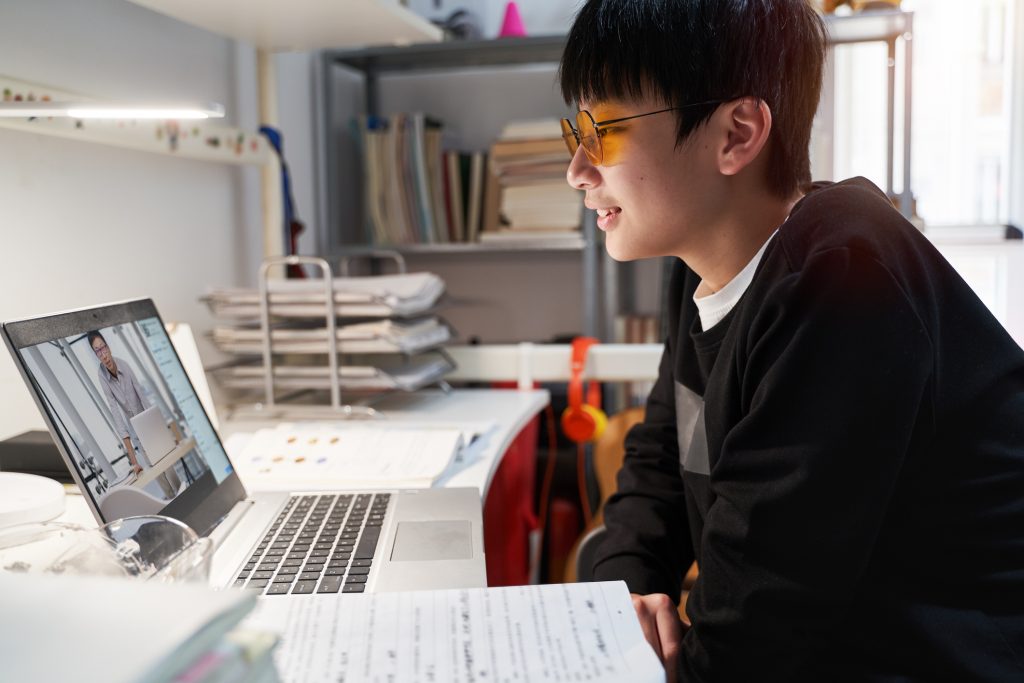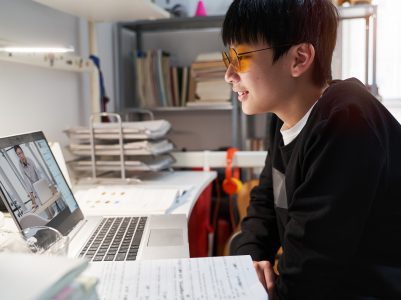By Dr. Scherto Gill – Co-Chair, G20 Interfaith Forum Working Group on Education
– – –
The IF20 Education Working Group’s partners interpreted the 2021 IF20’s theme, A Time to Heal, as a call for a collective reflection on the global challenges confronting humanity during the COVID-19 pandemic—not only in terms of losing human lives to the virus, but also the myriad social malaises suffered by peoples and communities. What has been revealed throughout the pandemic is a prevailing structural violence and systemic dehumanization, manifested in widespread poverty (material and spiritual), discrimination, divisiveness, violent antagonism, and the violation of ecological integrity.
A key element to consider as we move forward is the imperative of collective healing and the holistic well-being of children, young people, educators, and communities. Such an imperative must be located in the systemic transformation of education, supported by religious, faith, and interfaith communities worldwide.
The Importance of Deep Silence, Listening, and Dialogue
The IF20 Education Working Group’s partners believe that healing and well-being can be found in the quietude of deep silence, the attentiveness and caring of deep listening, and the openness, curiosity, and mutual valuing of deep dialogue. Together, these three interlocking relational processes can offer comfort to the vulnerable, appease the wounded, and make whole our selves fragmented by trauma, anxiety, and fear. From deep silence, deep listening, and deep dialogue, we return to ourselves and to our community and re-experience each other as part of a larger “we,”—the relational reality at the core of our well-being. In deep silence, listening, and dialogue, we tune into a greater source of wisdom, re-centre ourselves, and engender co-belonging.
More specifically, deep silence enables us to dwell in where human spirit resides – within us, in our encounters with others, and in our being with each other, all things in nature, and the transcendent.
Deep listening is to attend to ourselves and to others from a place of valuing, caring, receiving, and mutual giving. It is generative, empathic, supportive, and open—trusting the unknown.
Deep dialogue is to open ourselves to difference, deepen our awareness of the Other, cultivate curiosity and questioning, and collaborate towards new possibilities. It enables us to share our life experiences, concerns, and aspirations, and helps to break down hierarchical structure and power dynamics within an educational institution, thus nourishing generative relations. Through deep silence, listening, and dialogue, we open ourselves to the lived realities of each other compassionately and caringly, enriching our “we.”

The Global Listening Initiative
Between March and June 2021, the IF20 Education Working Group, in collaboration with partners, hosted a series of regional listening/dialogue meetings where safe and caring spaces were co-created to engage adolescents (aged 14–18) in the three interlocking processes of deep silence, listening, and dialogue, online and/or face-to-face. During listening groups, adults facilitated an environment for adolescents to listen to each other’s experiences with education and learning during the last 18 months, then sought their perspectives on educational transformation moving forward.
Resulting Recommendations
Through collaborating with and engaging global adolescents, the following recommendations have been identified as fundamental to educational transformation:
- Respecting children and young people as partners for educational transformation and engaging them formally and informally in educational decisions at all levels;
- Creating spaces in curriculums for innovative, community-rooted, well-being oriented content, such as spiritual practices, social/emotional learning, opportunities for relational enrichment, play, creativity, nature and outdoor experiences, environmental education, arts, sports, volunteering, and service learning;
- Abolishing standardization and high-stakes testing and taking a participatory, collaborative, relational, and context-sensitive approach to educational evaluation, including involving children, young people, teachers, parents, and other community members in co-inquiries, dialogue, and formative reflection on education;
- Prioritizing teachers’ well-being and professional development; in particular, to improve their digital and online teaching competencies and their capability to facilitate co-creative, collaborative, and dialogic spaces for teaching and learning;
- Investing in good educational resources and facilities to ensure all children and young people have equitable & consistent access to both in-person and online learning opportunities.
See this YouTube video on Students’ Perspectives on Educational Transformation: IF20 Education Working Group Global Listening Initiative.
The IF20 Education Working Group is now reviewing these recommendations in the light of other education policy proposals put forward by global religious, faith, and interfaith organizations and international organizations such as UNESCO, UNICEF, and the World Bank. Following this process, we will develop a Policy Brief to be presented to the G20 Leaders’ Summit in Rome to be held on 30-31 October 2021.
– – –
Dr. Scherto Gill is Co-Chair of the IF20 Education Working Group and a Senior Fellow at the GHFP Research Institute, Research Fellow at University of Sussex and University of Wales, and Fellow of the British Royal Society of the Arts. She teaches postgraduate courses and supervises Masters and Doctoral theses. Through research, projects and published work, Scherto actively explores ways to implement ideas such as human-centred education, deep dialogue, ethics of caring, holistic well-being, and positive peace. She leads a UNESCO Programme entitled Transformative Education and Collective Healing, and is the co-founder of Relational Education.


